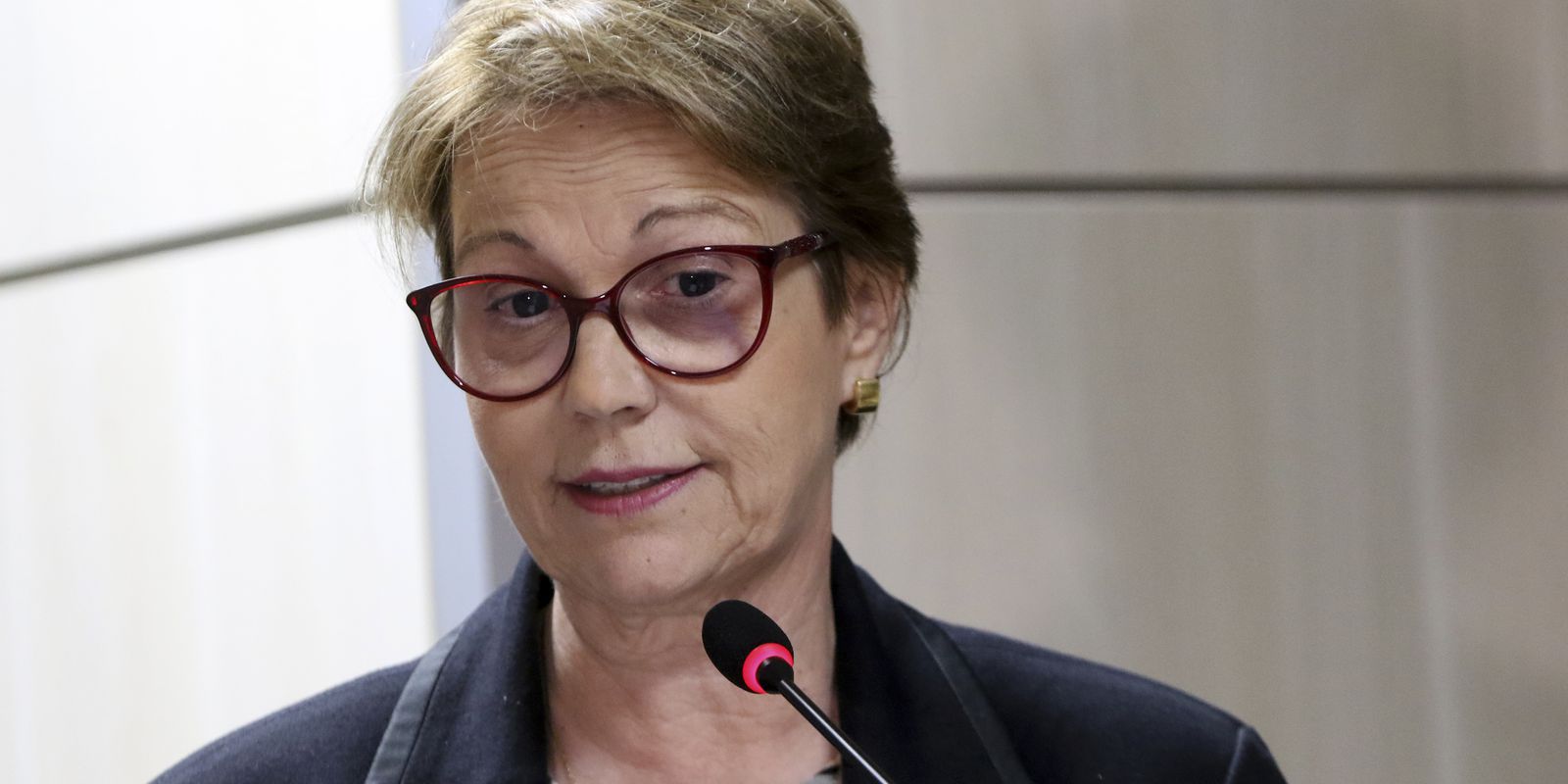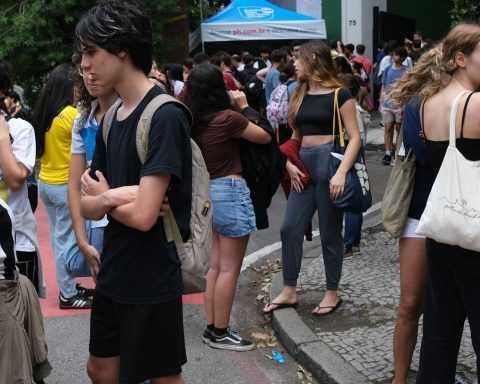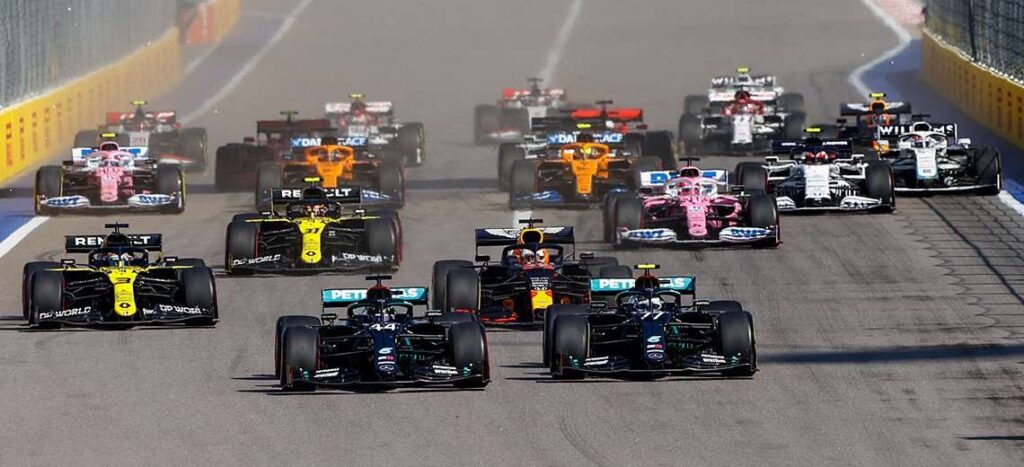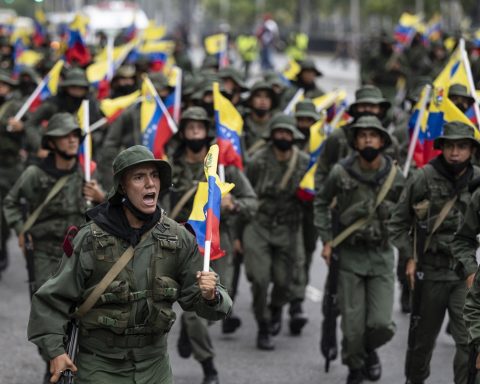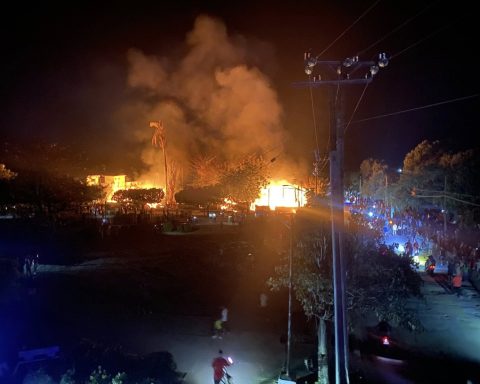The stock of fertilizers for agribusiness in Brazil is guaranteed until October. The assessment is from the Minister of Agriculture, Livestock and Supply, Tereza Cristina.
In a press conference on Wednesday (2), she assured that there are no problems with the crop at this time, however, the summer crop, at the end of September and October, raises concern.
The minister recalled that the second crop of corn is already in production. “So, what needed fertilizer has already arrived, it’s already with the rural producer. At the moment we have no problem. The summer crop is a concern,” she said. She added, however, that the private sector confirmed the existence of sufficient carryover stock of fertilizers until October.
The warning about the international fertilizer market dates back to February when economic sanctions began in Belarus. Exports of the product are suspended to Brazil because of the closure of Lithuania’s ports for the flow of fertilizers and now with Russia’s support in the war against Ukraine, the eastern European country has suffered new sanctions.
The situation worsened even with the beginning of the war. This is because, in addition to Belarus, Russia itself is the main supplier of the product to the Brazilian market.
Trading with Canada
In the midst of the crisis, the Minister of Agriculture said that she is going to Canada to try to negotiate the demand for fertilizers. According to her, the impact on consumers depends on the time of the war. Without these products, the tendency is that the offer will make the price of food soar.
“The price of wheat has gone up there because Ukraine is a big producer and that influences the global market. We think there will be a rise, yes. How much? Soybean has already gone up, it has dropped a little. Corn has already gone up, it has dropped a little. We have to monitor and reduce the impacts,” he said.
Currently, Brazil is the fourth global consumer of fertilizers, 80% of all the product used in national agricultural production comes from outside the country.
US and EU economic sanctions on Russia and Belarus hit potash production, and most fertilizers are made from potash. Russia is responsible for supplying about 25% of fertilizers to Brazil.
